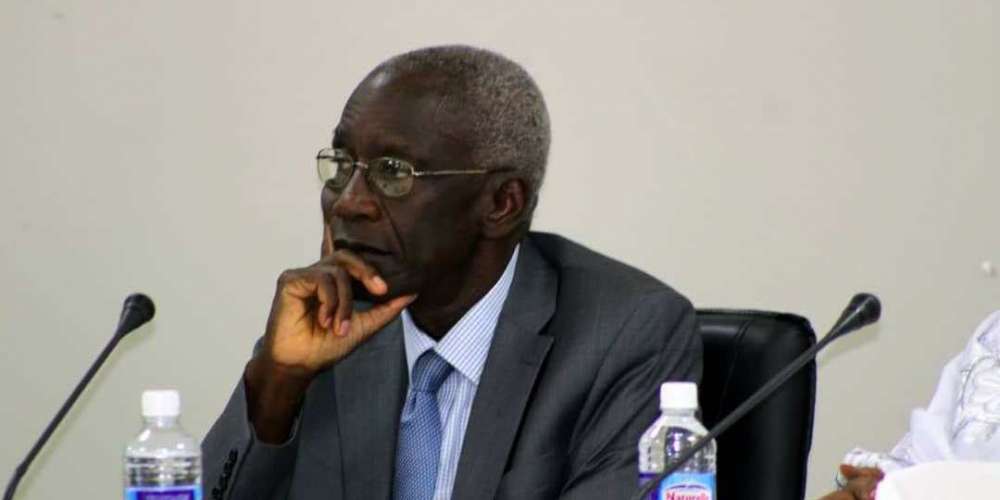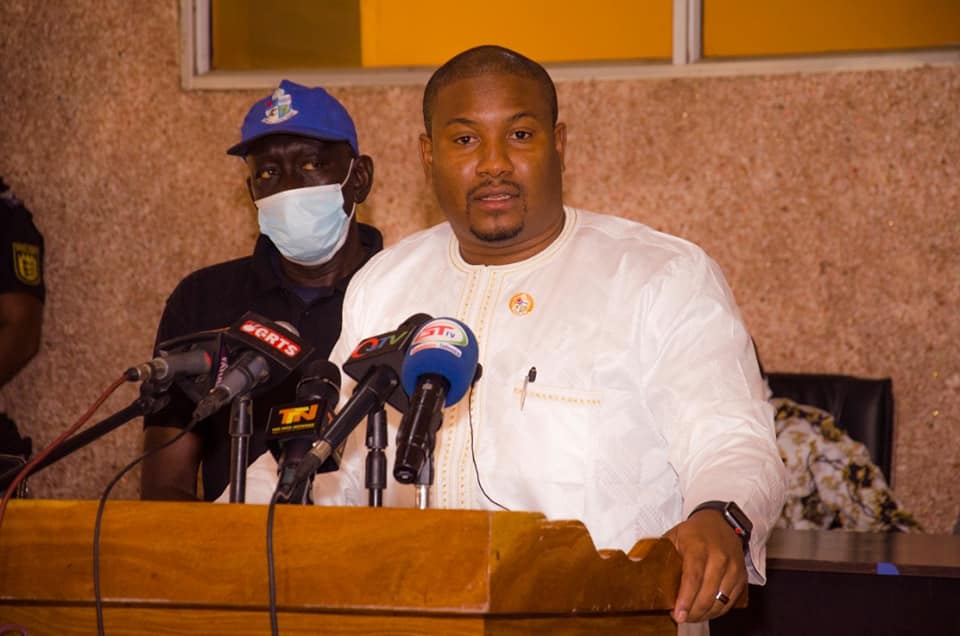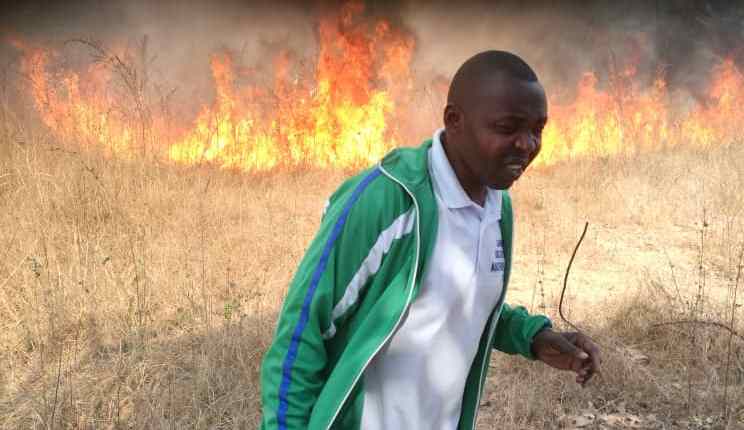Dr. Lamin J. Sise, chairperson of Truth Reconciliation and Repatriation (TRRC) has said that the primary responsibility of this Commission is to seek and record the truth of what happened in The Gambia during the period under review, “only knowledge of the truth can help us move forward as a nation”.
“We cannot now pretend that these crimes were not or could not have been committed by Gambians. Now we know that they were not only perpetrated by Gambians on Gambians, but also on non-Gambians such as our brothers and sisters from Ghana and other West African countries,” he said during the opening of the TRRC’s seventh session of hearings on Monday.
According to him, during this seventh session, the Commission will hear more testimonies from the Junglers adding that earlier testimonies of the Junglers during our last session brought to light, through their own admissions, the nefarious deeds they perpetrated on their compatriots who were innocent and defenseless.
“The truth of their atrocities was always there. It was just hidden from the Gambian public. The nation and indeed the world was appalled to hear of these heinous crimes,” Dr. Sise noted.
He revealed that during this seventh session, the Commission expects to hold hearings on circumstances surrounding the April 10th and 11th, 2000 massacre of 14 students by the security forces.
He explained that in line with the TRRC’s comprehensive approach to transitional justice and truth commission work, various units of the Secretariat continue to be engaged in outreach activities even as hearings go on here at Dunes Resort.
“These outreach activities are designed to achieve several objectives, including sensitizing the public on the mandate and work of the Commission, promoting reconciliation and healing, making sure women and children are engaged in the transitional justice process, and encouraging and empowering witnesses – both victims and alleged perpetrators – to come forward and give statements or testify.
As part of the TRRC’s Never Again campaign, these activities take the form of engaging local and religious communities – both Christian and Muslim, holding town hall meetings and village dialogues, organizing listening circles, visiting schools and engaging students at all levels of our educational system”
He added that so far, at least 50 outreach activities targeting young adults and school children in communities and schools across the country have been conducted by the TRRC’s Youth and Children’s Network Coordination Unit





